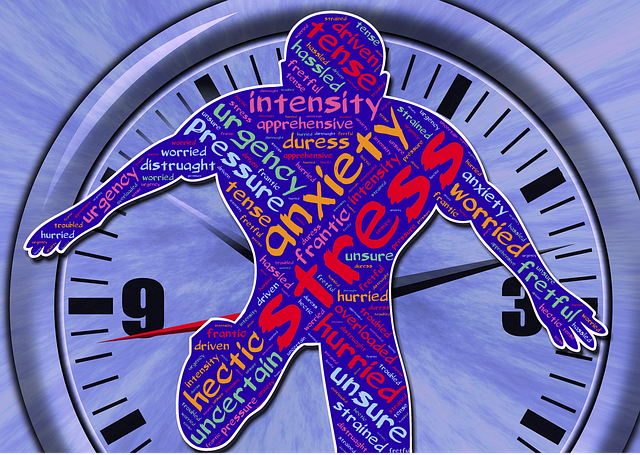Understanding Anxiety 101

Anxiety is nothing to worry about
Anxiety can be identified by the difficult feelings we experience when thinking about the future. Anxiety in general is a very normal, common, and necessary feeling. It is the medium through which we understand that something is important. For example, if you were not anxious about passing an exam, how well would you prepare for the test? The anxious feelings that you experience when starting a new job or meeting new people ensures that you are on your best behaviour. If you didn’t feel nervous at the thought of failing at something, complacency would inevitably kick in. Anxiety, as well as other misunderstood emotions such as fear and anger, are hard wired in us as a method of survival and motivation. It is the way God created us.
When anxiety becomes an issue
Anxiety can become an issue when it starts to feel overwhelming, becomes frequent and imposes itself on the way a person lives their life. The anxious person experiences regular or uncontrollable worries about several different things, making it difficult and perhaps impossible for them to attend social gatherings due to a fear of judgement or embarrassment. The anxious person will often ruminate over thoughts such as; are people laughing at me? Do people like me? Do people think I’m stupid? Or things that they may have said in a gathering. Sometimes the feelings of anxiety can surface without the individual being aware of the reason.
Anxiety at times can cause panic attacks. A panic attack is an exaggeration of our body’s normal response to fear or stress. During a panic attack you may feel that you are losing control or are going to faint. The feeling is so strong that you may feel that you are having a heart attack. Panic attacks typically last 5 to 20 minutes but can last longer.
Symptoms of anxiety
Although anxiety can feel different to each person some of the common symptoms can be found in the list below:
– Increased heart rate
– Faster breathing
– Unusual sweating
– Uncomfortable feelings in your stomach or gut
– Feeling unusually hot
– Muscle’s tensing
– Feeling drained
– Dizziness
– Nausea
– Brain fog
– Headaches
– Problems sleeping
– Irregular bathroom use
– Changes to your sex drive
– Panic attacks
The physical symptoms can grow to have emotional and social repercussions. For example:
– Inability to relax
– Paranoia that others are aware of what you feel and are judging you
– Social isolation due to fear of being embarrassed, people not liking you, saying something silly
– Ruminating over interactions or bad experiences
– Need for constant reassurance
– Fear of having a panic attack
– Low mood and depression
– Procrastination
– Worries about the future
– Feelings of being a failure
As a result, people suffering with anxiety may find it hard to form and maintain relationships or hold down a job. Anxiety can stop them from trying new things and making the most out of life. Some studies have suggested that GAD (General anxiety disorder) can lead to long-term physical health problems such as stomach ulcers and heart problems. Although, this has not been proven as more evidence is required regarding the long-term risks. However, anyone who has experienced long term anxiety would not be surprised at the possible link.
Different types of anxiety
The most common anxiety disorders are:
• Generalised anxiety disorder (GAD)
• Panic disorder
• Obsessive-compulsive disorder (OCD)
• Phobias
• Post-traumatic stress disorder (PTSD).
Causes of anxiety
The exact cause, or causes, of GAD remains unknown. Researchers have suggested that it could be down to different factors such as:
- Over activity in areas of the brain that is involved in emotions and behaviour
- A neuro chemical imbalance of mood regulators; serotonin and noradrenaline
- A genetic disposition – A person is estimated to be 5 times more likely to suffer from GAD if they have a close relative who has experienced it.
- A history of trauma
- Substance abuse
- Long term painful health conditions such as arthritis
(NHS, 2018)
Click here for anxiety management tips. If anxiety is crippling your life and you would like some help then please feel free to contact us. If you have found this post helpful please do share.
